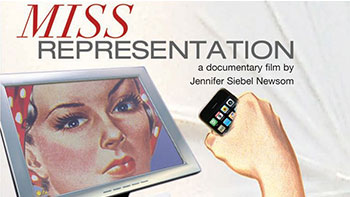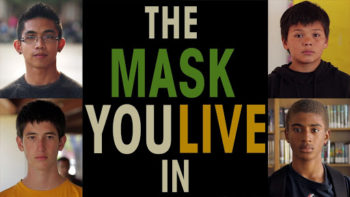Mass shootings at the Gilroy Garlic Festival, a Walmart in El Paso, and a night club in Dayton, Ohio in the past week have broken our collective hearts here in the United States. While mass shooters typically share some of the same individual traits—rage, suicidal urges, and in some cases, serious behavioral disorders—we must name toxic masculinity as a factor that is often overlooked in many public discussions about these events. In this post, we unpack the role of toxic masculinity in mass shootings. As prominent feminist Jessica Valenti puts it, “The longer we ignore the toxic masculinity that underlies so many of these crimes, the more violence we’re enabling.”
By nature, men are not more prone than women to commit mass shootings, yet virtually all mass shootings are perpetrated by men, which is a major indicator that masculinity is playing some role. Mass shooters have other common characteristics as well. Almost all have a history of domestic violence and misogyny. According to a systematic analysis of 22 mass shootings by Mother Jones, there is “a strong overlap between toxic masculinity and public mass shootings.” As the chart below indicates, nearly all mass shooters have some history of violence toward women.
Virtually all mass shooters suffer some form of aggrieved entitlement—“an existential state of fear about having my ‘rightful place’ as a male questioned…challenged…deconstructed.” According to the Good Men Project, “Aggrieved entitlement is being told ‘no’ when the prevailing mythos of the culture has taught that I have a ‘right’ to something because of my birth (as male, as white, straight, educated, able-bodied … the list goes on).”
A society drenched in patriarchy teaches boys that their “rightful place” is above women. And racist, xenophobic rhetoric only serves to activate white men’s aggrieved entitlement toward people of color, immigrants, and other marginalized groups who are targeted by politicians.
The link between toxic masculinity and mass shootings is not new. Our 2015 film The Mask You Live In started a brand new national conversation about “toxic masculinity”—a term that wasn’t even in the American vernacular when the film debuted—and unveiled how we are failing our boys and men. In the film—widely used in schools and in men-serving organizations worldwide—we illustrate how the socialization of boys in our culture leads to violence in all forms. Dr. Jackson Katz, an expert in the film, notes that we live in a society where “Boys are trained to externalize our pain. When something bad has happened to us, we need to do something bad to someone else, avenge the humiliation we’ve suffered, the shame we’ve experienced.”
Dr. Katz’s 2006 film, Tough Guise: Violence, Media and the Crisis in Masculinity, draws an explicit link between toxic masculinity and mass shootings. Dr. Katz cited the media’s role in ignoring this distinction. “In the many hours devoted to analyzing the recent school shootings, once again we see that as a society we seem constitutionally unable, or unwilling, to acknowledge a simple but disturbing fact: these shootings are an extreme manifestation of one of contemporary American society’s biggest problems—the ongoing crisis of men’s violence against women [or any group that activates aggrieved entitlement for men].”
Take Action: Demand that media coverage discuss the role of toxic masculinity in mass shootings, and vote and march for policies that address the multiple causes of mass shootings in the U.S. And bring The Mask You Live In to your community school, theater, or workplace to help change the culture of toxic masculinity where you live.



